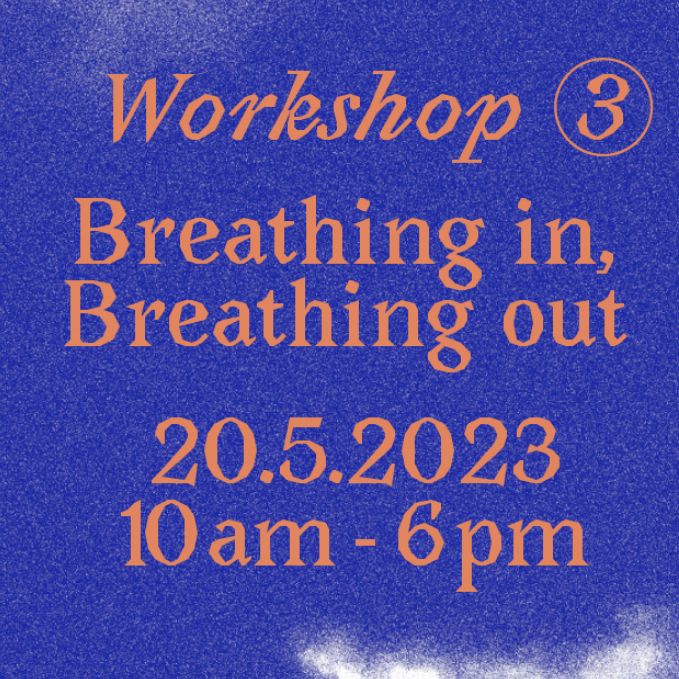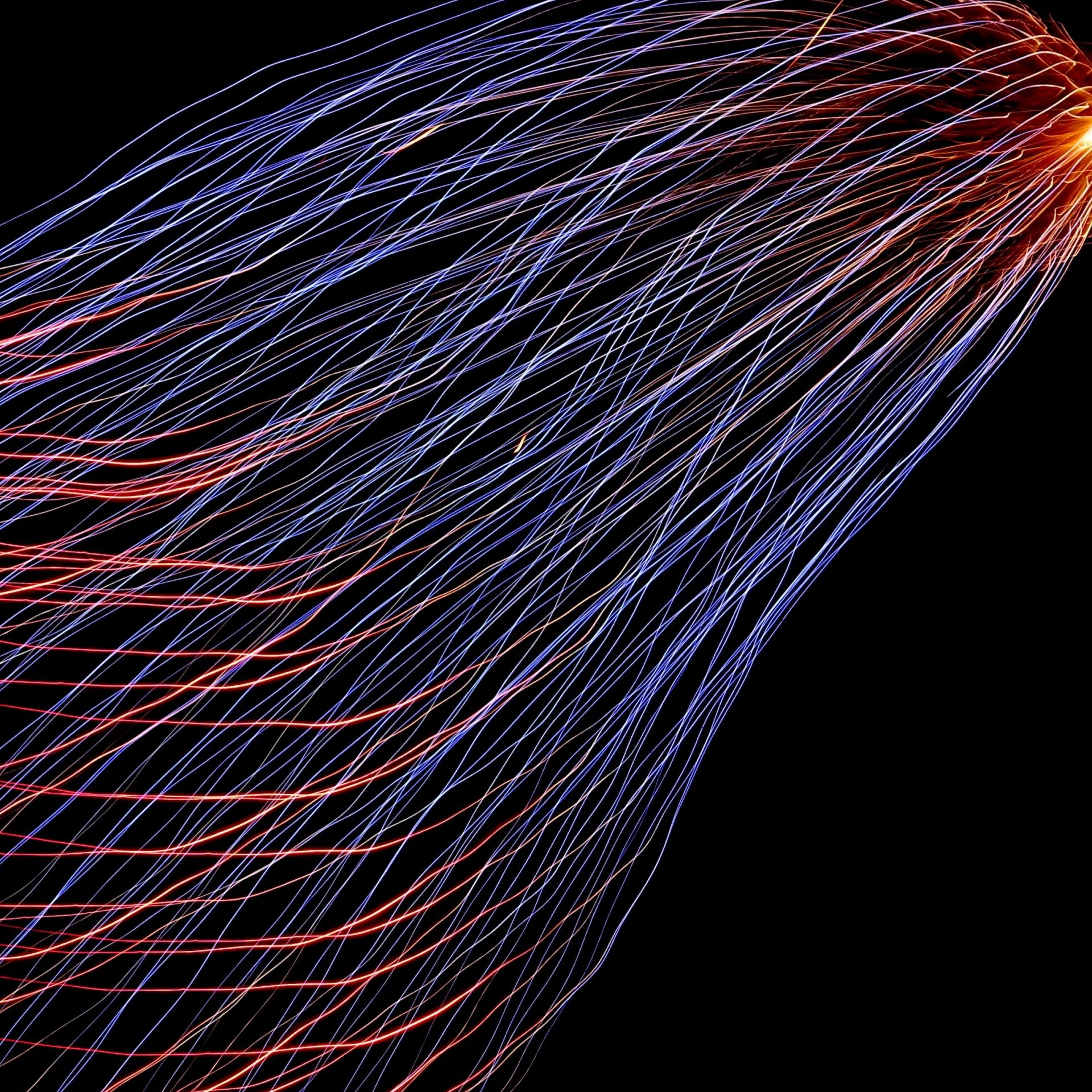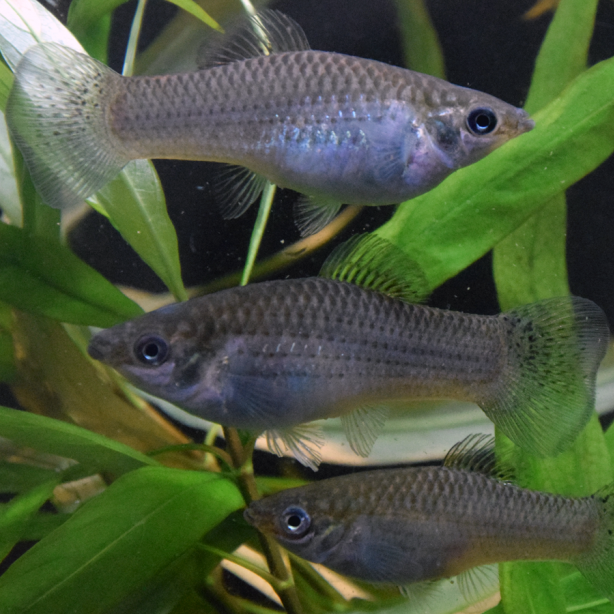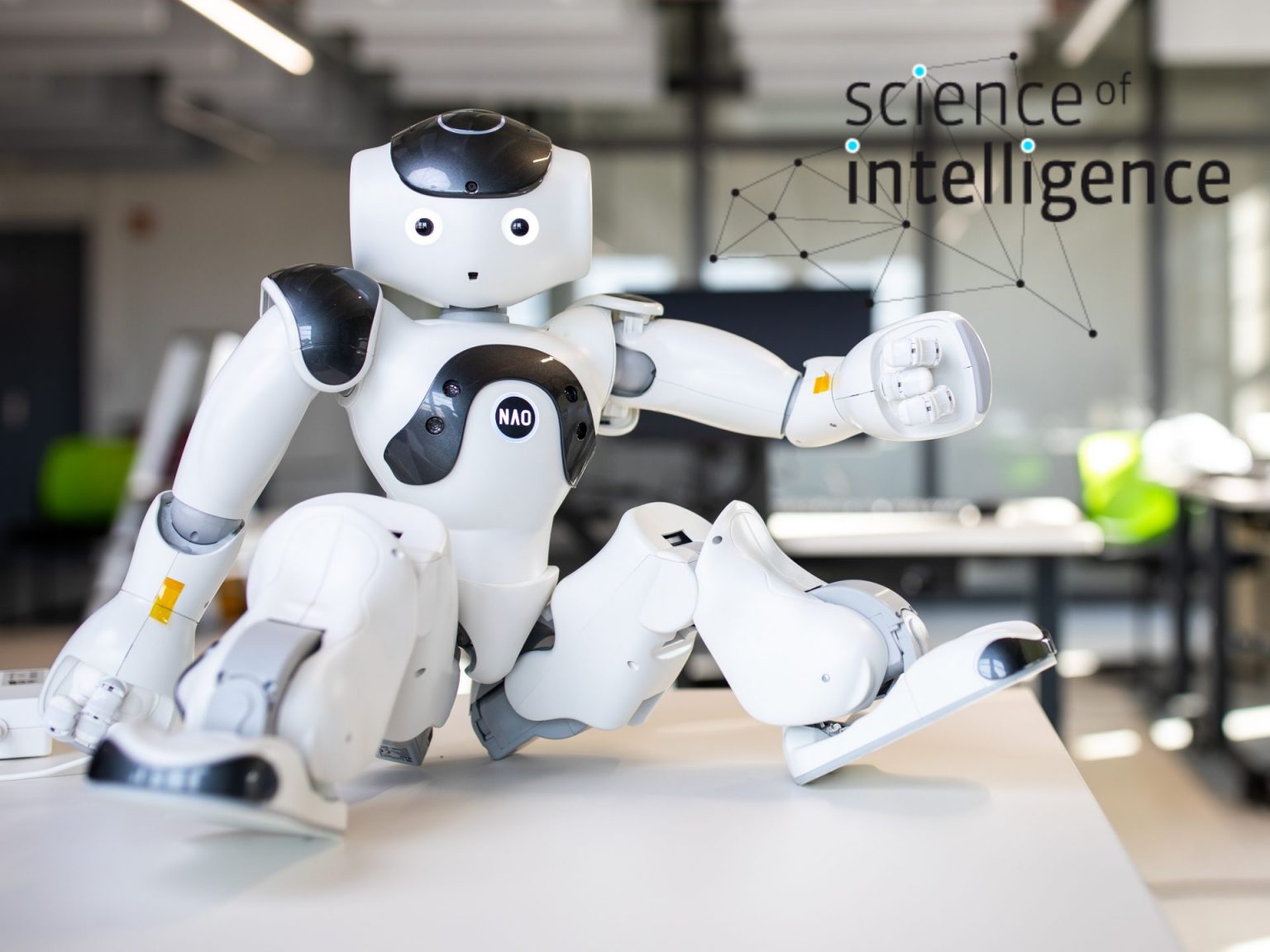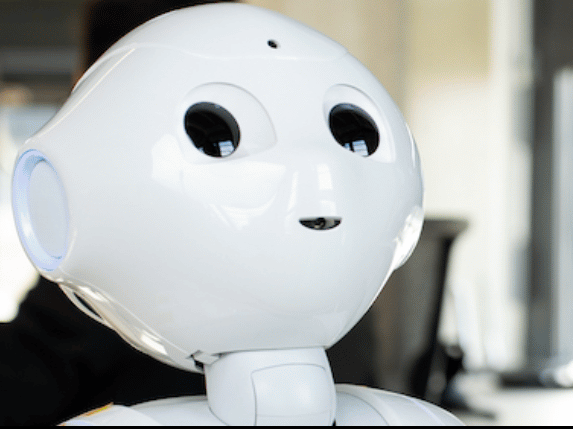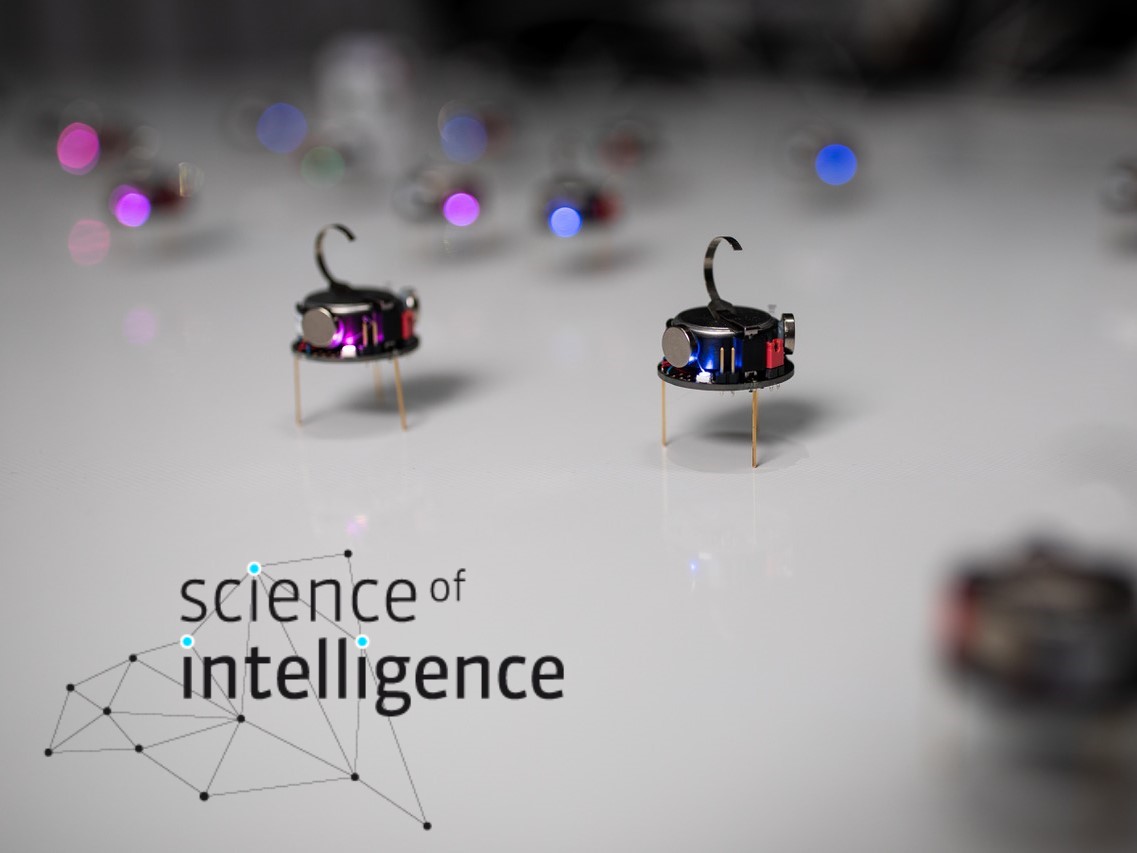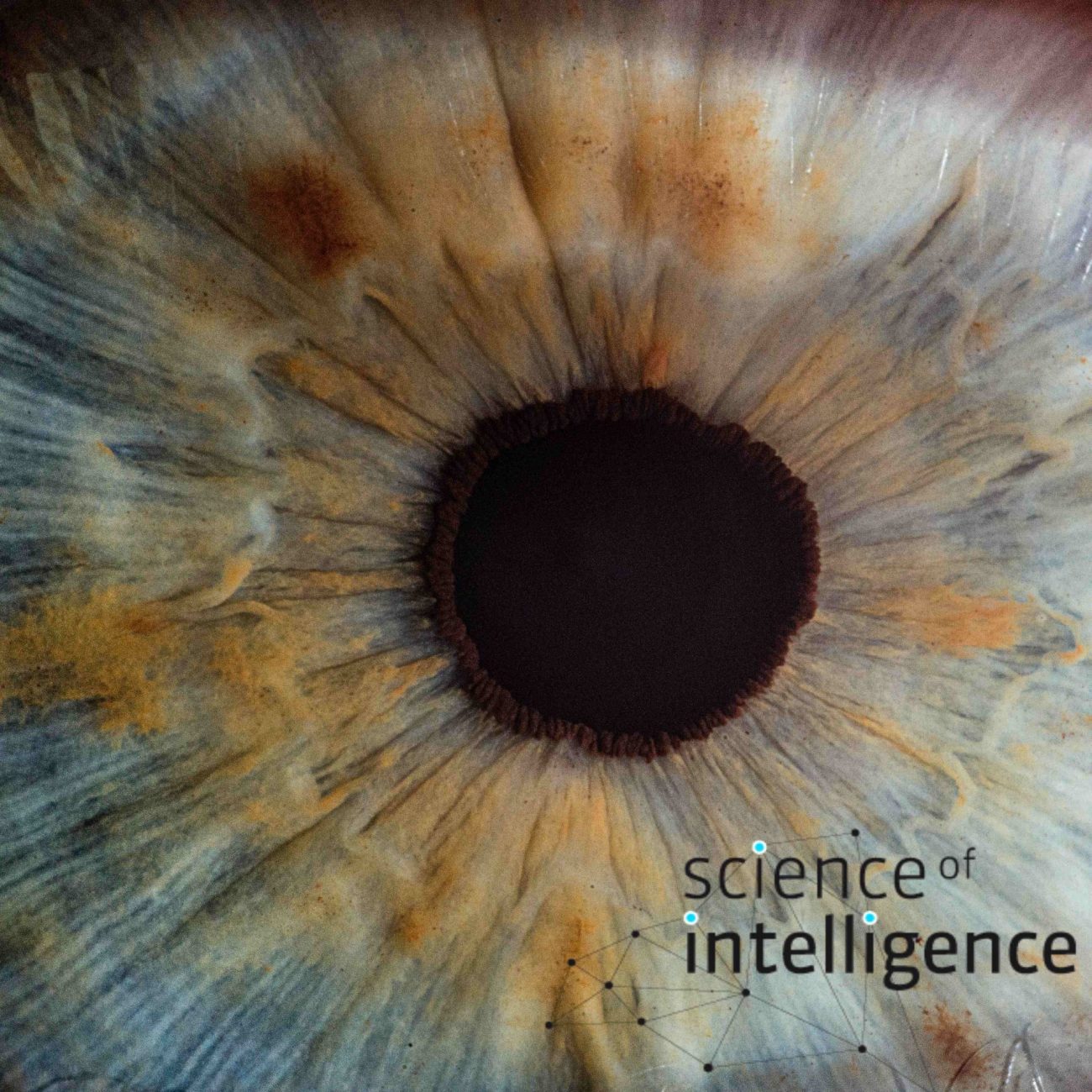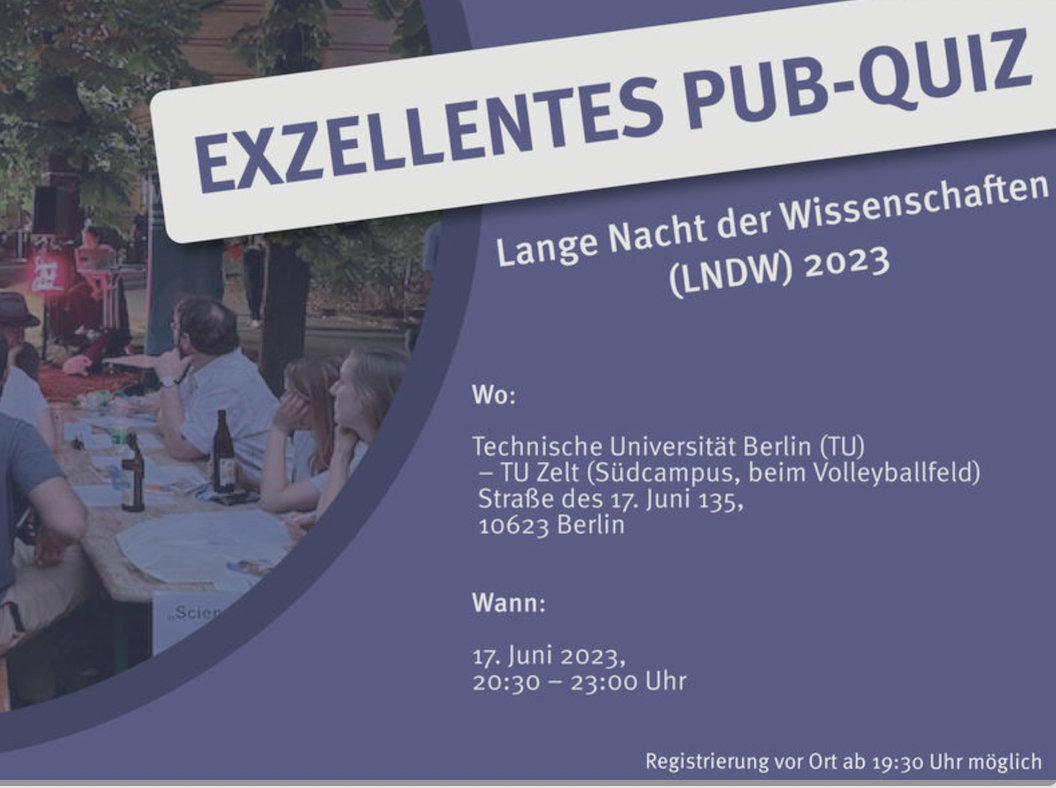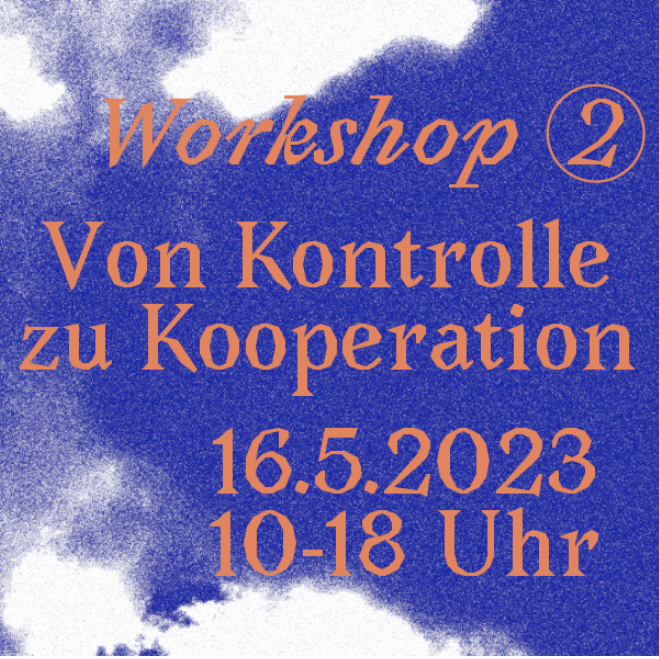
“Future of Air – Speculative Workshop Series” – Von Kontrolle zu Kooperation (in German)
Workshop title: Von Kontrolle zu Kooperation Theme: Air as Technology Where: silent green Kulturquartier Betonindustrie, Verbrennungsmotor, Google-Suchanfrage – Technologie wird heute an ihrer CO₂-Emission gemessen. Unsere technische Kultur hat Karriere gemacht durch einen allzu sorglosen und zerstörerischen Umgang mit Ressourcen. Dabei wird vor allem der Versuch unternommen, Materialien und Umgebungen zu kontrollieren. Und das
